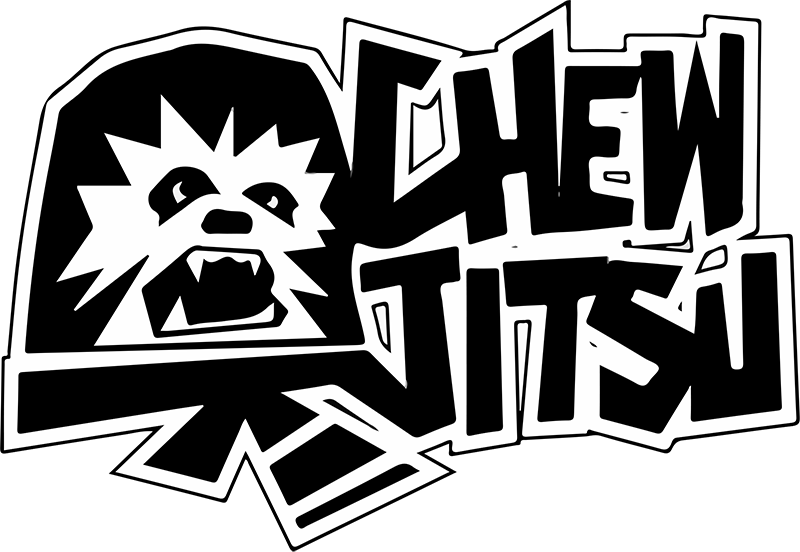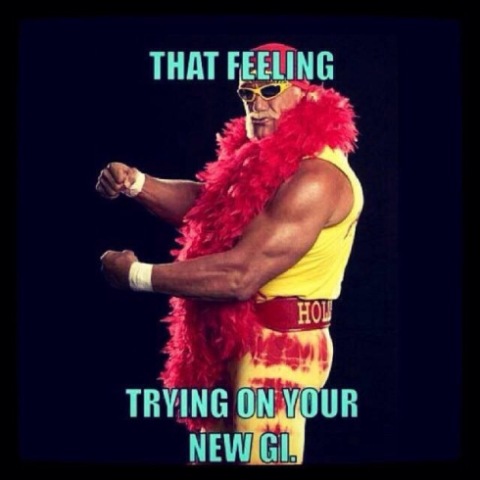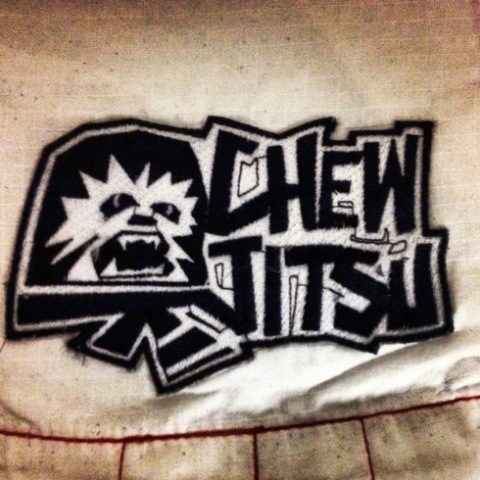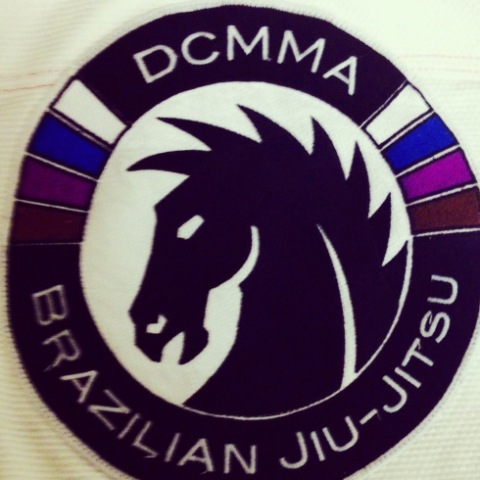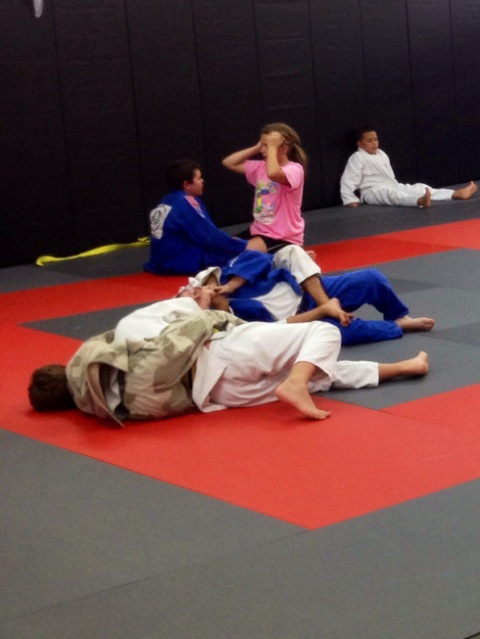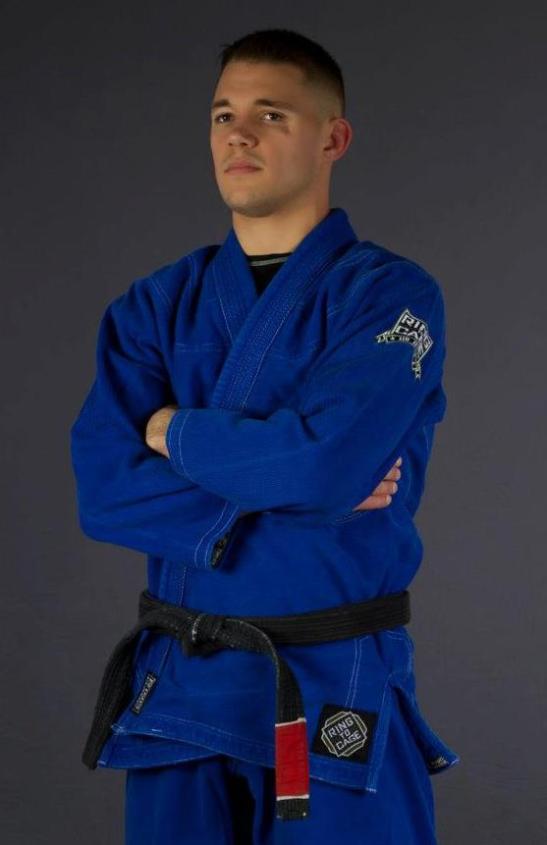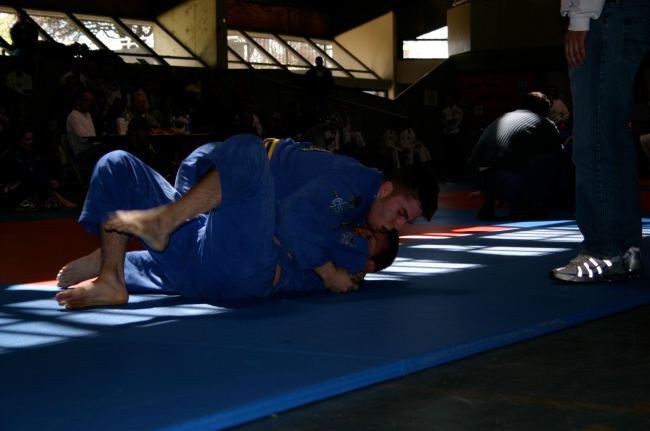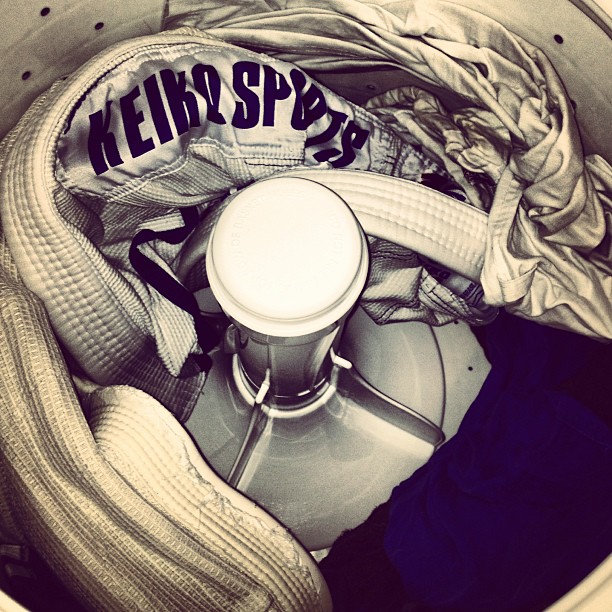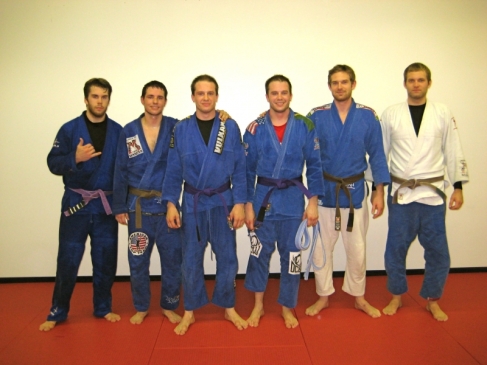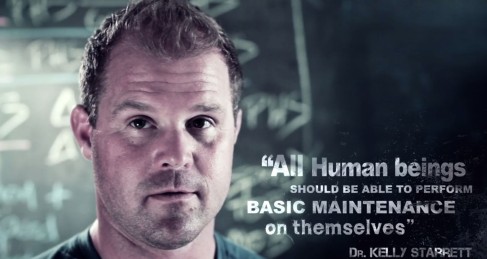
“The greatest wealth is health.” – Virgil
“To keep the body in good health is a duty, otherwise we shall not be able to keep our mind strong and clear.” – Buddha
“Prevention is better than cure.” – Desiderius Erasmus
“Lack of activity destroys the good condition of every human being, while movement and methodical physical exercise save it and preserve it.” – Plato
Mobility – One thing that I’ve learned just within the past year that I wish I would have focused on more in the past is mobility. Most of us focus so much on how many hard rolls we get in a training session, how many reps we’ve performed of a particular technique or if our lifts are improving in the weight room. However many of us also fail to focus on mobility. I’m talking about keeping our joints, muscles, and our body’s movement patterns healthy. By no means am I pointing the finger at anyone because up until this last year I gave mobility little to no thought. Sure I would stretch a little here and there, but this is much different than old school stretching. Let me give you a brief explanation of how I stumbled upon the idea of focusing on mobility and how it’s improved my BJJ and at the end I’ll give you some takeaways and resources for your own use. Alternatively, you can skip my story telling and fast forward to the bottom to get the resources and links.
How I found out about mobility work
Well first off, I was never blessed with ample amounts of flexibility. My muscles have always been a bit tight and wound up and in the last couple of years I’ve also began to “feel” my body much more after hard training sessions. I wrongly attributed this to getting older. I mean I’m nearing 30 which seems to be that magical number that people fixate on when they talk about their body breaking down and becoming more injury prone.
So . . . about a year ago my friend, student, training partner and fellow coach here at the gym, Brent Weedman, turned me onto the idea. He started weight training with a very competent trainer here in Louisville and would rave about the results. What struck me as different was that he didn’t just tell me about his PR’s(personal record) in the gym but he also made it a point to share the improvements he was making in his mobility. When he first started talking about mobility improvements I was pretty ignorant to the idea but as he explained more, it made sense. Brent, like any other high level athlete, had experienced his fair share of wear and tear on his body provided to him by long hours of training and fights. Couple this with a lack of concentration on his body’s movement health and you have tight muscles and joints and poor range of motion. I remember Brent telling me that before he revamped his conditioning program he wasn’t sure how much longer his body could take the rigors of fighting professional. If you were to ask him now he would tell you he feels like a new man. He fights like one too. By using the different techniques he was learning from his conditioning coach he was able to rid himself of problems like tight shoulders, hips and back all while making great gains in strength and power.
I hold a great deal of respect for Brent so I began using a few different techniques he shared with me and started looking deeper into the whole mobility thing. When you type in “mobility” into an internet search or Youtube you will be bombarded with information from a guy named Kelly Starret or MobilityWOD, and for good reason. Kelly Starret is the leader of a mobility movement that is gaining momentum in the athletic world. He works most closely with the CrossFit community and uses his mobility techniques to keep athletes who are doing tons of volume healthy and in the gym instead of being sidelined due to injury. He is also helping tons of people, including myself; restore proper movement in their body. After watching videos and reading through some of his literature I found myself buying his book, Becoming a Supple Leopard which in my opinion is fantastic. The book literally goes through and shows the proper movement mechanics to many basic and advanced lifts. The book also goes through helping its readers identify what problems they may have based on some easy to follow tests. Then the best part! The last chunk of the book is loaded with tons of corrective exercises, stretches and techniques that will help you improve range of motion, get rid of tightness and help you alleviate pain you may be experiencing. I was also lucky enough to meet with a woman who was an FMS trainer as well as a physical therapy student and she helped me identify specific areas of my body I needed to focus my attention towards. After a month of solid effort and focus on improving the mobility of my rust bucket body I began to feel some noticeable differences.
Alright so let’s get to the part you are actually interested in hearing about, How it improved my BJJ and training.
1. My range of motion improved. My squats were getting deeper, I was able to maintain better thoracic extension when doing particular exercises, and my shoulders were moving smoother during overhead presses. I was also less sore after hard lifting sessions.
2. Tight areas that were chronically in pain began to feel much better. Most notably my hip flexors. I remember constantly struggling and having issues with them. Which as you can imagine hindered my ability to train or compete at 100%. In addition injuries have since become less common.
3. I was able to warm up quicker. As I’ve gotten older it seems like it takes longer and longer to get my body adequately warm for BJJ training and competitions. One of the most noticeable changes after the mobility work was how fast I was able to get my body loosened up and ready to compete. What used to be nearly a 20-25 minute ritual was now condensed into about 5-10 minutes. While this may not seem like a big deal to some. Being able to get warmed up quickly on the fly is a valuable. If you’re a competitor. I want you to think about an experience you may have had where you had a tournament match and were not properly warmed up. Either due to a screw up on the tournament coordinators end or your own. Competing without having your body revved up is not a good thing, so it’s nice to be able to get warmed up on the fly.
4. I could train harder and at higher volumes without being utterly destroyed the next day. Doing a heavy lifting workout, multiple hard rolling sessions and being active during my 4 hours of teaching classes a day can definitely take its toll. What a great feeling it is to be able to maintain that kind of training load and still feel physically able to do it again the next day. The mobility work enables me to keep up high volumes of training and still not “feel” it like I used to. Don’t get me wrong, I still get sore and fatigued but I don’t find my body being completely shot.
After reading above the takeaways for you, and why you should consider investing your energy towards mobility should be clear.
1. It will improve flexibility and range of motion
2. You can decrease frequency of injury. Yes injuries will still happen but you can still decrease the amount, especially those that would be a result of muscle tightness and imbalance.
3. You will be able to warm up faster for class or competitions.
4. It will improve rehabilitation after hard training and you can maintain a high level of training for a long duration of time.
If you’re interested in learning more check out http://www.mobilitywod.com/about/faq/ or go look up Kelly Starrett on Youtube. Checking out the supple leopard book that I mentioned earlier wouldn’t be a bad idea as well. Lastly, if you’re able, get in touch with a competent conditioning coach who knows about mobility. If this is not available then use what resources you can gather to help identify areas of your body that need help. Heck, it may not be that hard in some cases. I mean after all, you are probably aware that your shoulder range of motion sucks or that you can’t get into a deep squat to save your life.
Good luck on improving your body and your training! I hope it helps you preserve your body and helps reduce the damage caused by training.
As always, thanks for reading!
Chewy
Oh and be sure to check out the podcast on my other site at http://www.matwind.com
